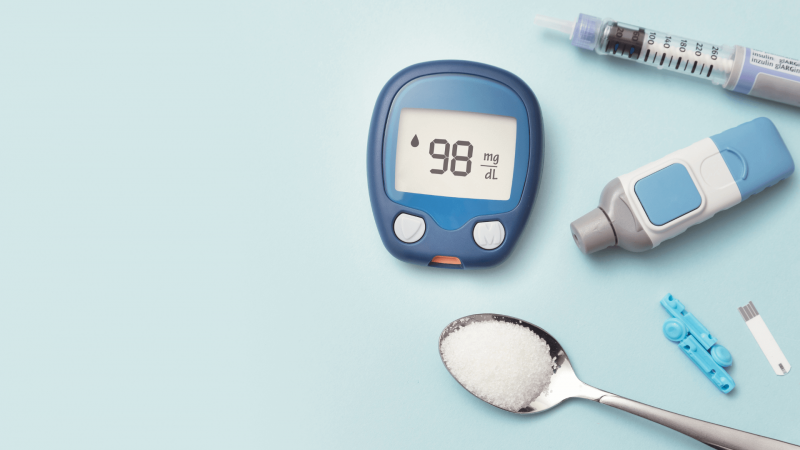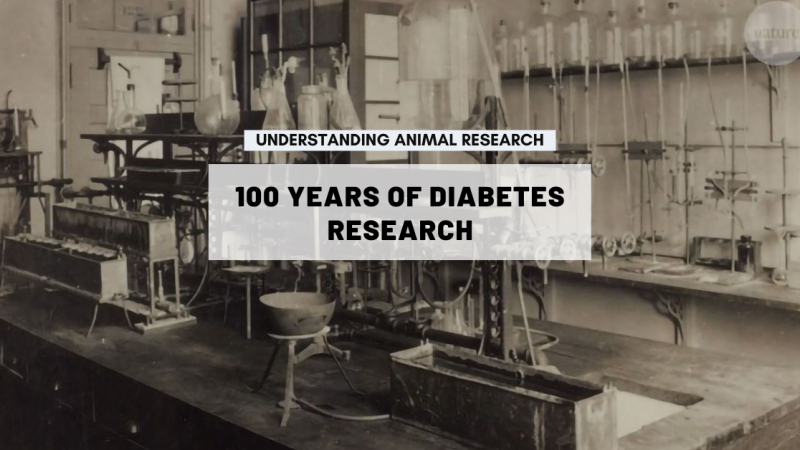A new treatment can reverse late-stage Type 1 diabetes in mice, research has shown. The therapy reprograms the immune system and then promotes the growth of healthy insulin-producing cells. It has successfully treated late-stage diabetes in mice for the first time and provides hope that for a treatment for people.
Type 1 diabetes is an autoimmune disease in which the immune system kills insulin-producing cells found in the pancreas, meaning that the body is unable to respond to a drop in blood sugar levels. Unlike Type 2 diabetes, the disease usually occurs in childhood. Diabetics must test their blood sugar several times a day and inject insulin to avoid hypoglycaemia (dangerously low blood sugar), which can result in a coma.
In the study, mice were given antibodies to attack the immune cells that kill the insulin-producing beta cells. The mice were then given a bone marrow transplant to provide a new source of healthy immune cells to replace the faulty ones destroyed by the antibodies. A further treatment with pancreas growth factor then spurred creation of new beta cells allowing the mice to replenish those destroyed by the faulty immune system.
Previous experiments have shown that the different components of this therapy work independently, but only on early-stage diabetes. This is the first time they have been combined and shown to cure the late-stage condition. Further work will be needed to show that this treatment could work and be safe in humans, including tests in non-human primates, which more closely resemble people. But these early signs suggest that a cure could be on the horizon for the millions of children who suffer from this life-long condition.
Last edited: 14 March 2022 08:31




